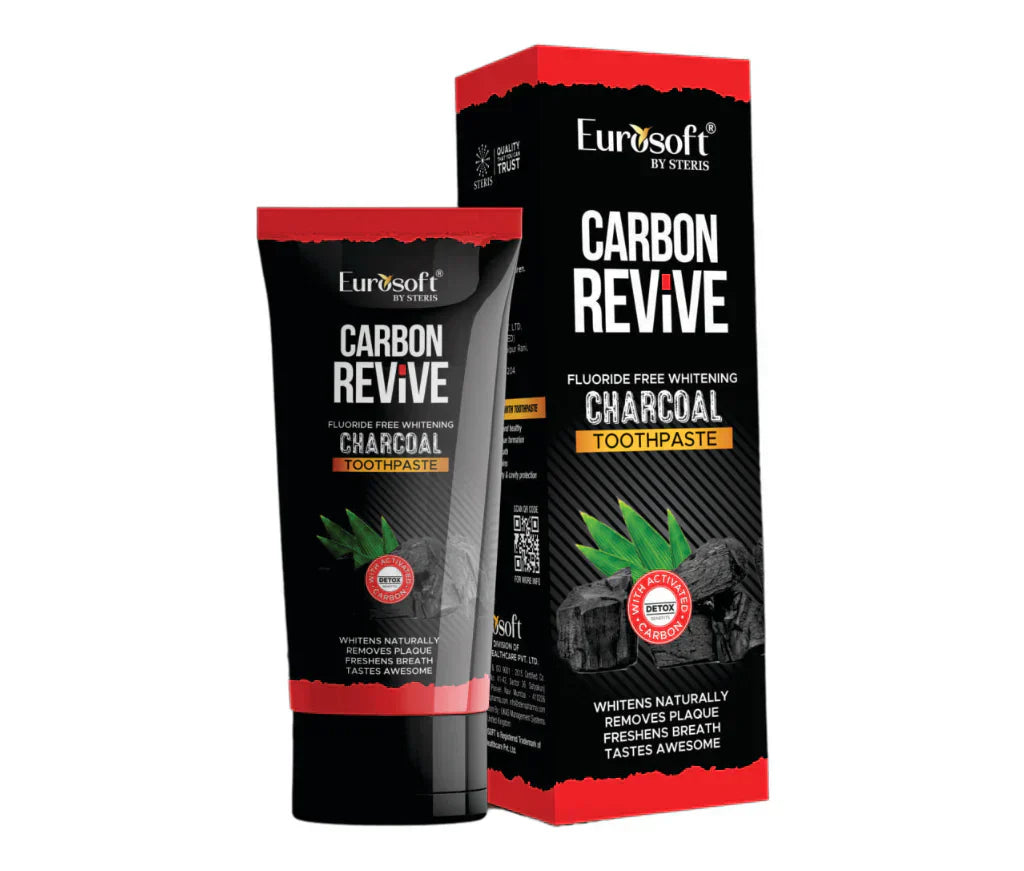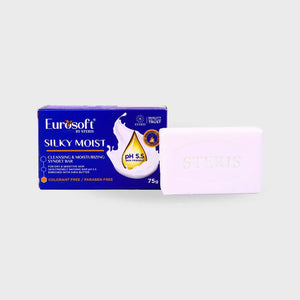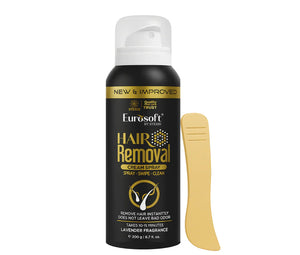Charcoal toothpaste has become a popular trend in oral care over the last decade, with many people turning to this natural solution for whiter teeth and fresher breath. Marketed as a modern alternative to chemical-based whitening products, charcoal toothpaste is often advertised as safe, effective, and affordable. But is it really as good as it seems? In this article, we will explore charcoal toothpaste benefits, uses, side effects, and its advantages and disadvantages while using essential keywords such as charcoal toothpaste benefits before and after, charcoal toothpaste safe, charcoal toothpaste price, and more
What is Charcoal Toothpaste?
Charcoal toothpaste is made using activated charcoal, a fine black powder processed from natural sources like coconut shells, peat, coal, or wood. Unlike regular charcoal, activated charcoal has been treated to increase its porous surface area, which helps trap toxins, bacteria, and stains. This is why it is often used in medicine for detoxification and in beauty products for cleansing.
When used in toothpaste, activated charcoal claims to absorb impurities and surface stains from teeth, leaving them brighter and cleaner.
Charcoal Toothpaste Benefits
1. Teeth Whitening
One of the most advertised charcoal toothpaste benefits is its ability to whiten teeth. Activated charcoal binds to stain-causing substances like coffee, tea, wine, and tobacco. With regular use, many people notice visible improvements in their smile, often referred to as charcoal toothpaste benefits before and after results.
2. Removes Surface Plaque
Charcoal toothpaste works as a mild abrasive that scrubs away surface plaque and tartar. This helps maintain a cleaner mouth and reduces the risk of cavities when used along with proper dental hygiene.
3. Freshens Breath
For those struggling with odor, charcoal toothpaste can help neutralize bacteria that cause bad breath. Many users specifically search for charcoal toothpaste bad breath solutions, as it leaves a fresh and clean feeling after brushing.
4. Detoxifying Effect
Activated charcoal is known for its detoxifying properties. In oral care, it binds with toxins and bacteria in the mouth, which may contribute to improved gum health.
5. Affordable Whitening Option
Compared to expensive whitening treatments at the dentist, charcoal toothpaste price is relatively affordable, making it an accessible solution for many.
Advantages of Charcoal Toothpaste
-
Natural Ingredient: Free from harsh bleaching chemicals, making it a better alternative for those seeking chemical-free oral care.
-
Multi-purpose Benefits: Not only whitens teeth but also fights bad breath, plaque, and toxins.
-
Quick Visible Results: Many people report seeing changes in their teeth color within a few weeks.
-
Safe for Most Users: When used occasionally and not excessively, most dentists consider charcoal toothpaste safe.
-
Easy to Use: No complicated procedure—just use it like regular toothpaste.
Uses of Charcoal Toothpaste
-
Teeth Whitening Routine: Use charcoal toothpaste 2–3 times per week for whitening.
-
Bad Breath Control: Helps neutralize odor-causing bacteria in the mouth.
-
Plaque Prevention: Regular use reduces plaque buildup.
-
Alternative to Chemical Whitening: Great for people who want to avoid peroxide-based whiteners.
Activated Charcoal Toothpaste Benefits for Teeth
Activated charcoal toothpaste offers unique benefits for teeth:
-
Polishes Enamel: Its mildly abrasive nature helps smooth out enamel for a polished look.
-
Reduces Stains: Coffee, tea, and wine stains can be reduced over time.
-
Helps Maintain Oral Hygiene: Activated charcoal absorbs impurities, reducing bacterial growth in the mouth.
-
Eco-friendly Alternative: Many charcoal toothpaste brands use natural ingredients, making it a sustainable option.

Charcoal Toothpaste Benefits Before and After
One of the strongest selling points for this product is before and after whitening results.
-
Before: Teeth appear stained, yellow, or dull due to lifestyle habits like smoking, drinking coffee, or poor oral care.
-
After: Regular use of charcoal toothpaste often shows whiter, brighter teeth with reduced surface stains.

Is Charcoal Toothpaste Good or Bad?
Many people ask, “Is charcoal toothpaste good?” The answer depends on how you use it.
-
Charcoal toothpaste good: for occasional whitening, freshening breath, and removing stains.
-
Charcoal toothpaste bad: if overused, as its abrasiveness can wear down enamel and make teeth sensitive.
Is Charcoal Toothpaste Safe?
Yes, charcoal toothpaste safe claims are mostly true if used correctly. Dentists recommend:
-
Using it only 2–3 times per week (not daily).
-
Choosing toothpaste with fluoride, since many charcoal formulas lack it.
-
Avoiding long-term or excessive use to prevent enamel erosion.
When used responsibly, charcoal toothpaste is a safe and natural oral care product.
Possible Side Effects of Charcoal Toothpaste
While there are many charcoal toothpaste benefits, it also has some side effects:
-
Enamel Erosion: Overuse may thin out enamel due to abrasiveness.
-
Increased Sensitivity: Worn enamel can cause sensitivity to hot or cold foods.
-
Lack of Fluoride: Many charcoal toothpastes do not contain fluoride, which is necessary for cavity protection.
-
Messy Application: Black paste can stain sinks and brushes.
-
Not Suitable for Everyone: People with already sensitive teeth or gum issues should avoid frequent use.
Charcoal Toothpaste Price
The charcoal toothpaste price varies depending on brand and packaging size. On average. Considering its whitening and detoxifying benefits, charcoal toothpaste offers good value for money compared to costly dental whitening treatments.

Conclusion
Charcoal toothpaste has become a revolutionary addition to modern oral care, offering teeth whitening, plaque removal, and bad breath control in one product. With natural activated charcoal, it provides visible results for those looking for charcoal toothpaste benefits before and after transformations.
However, like all products, it comes with limitations. Excessive use may damage enamel, increase tooth sensitivity, and reduce fluoride protection. Therefore, the best way to use it is as a supplementary toothpaste a few times a week, alongside a fluoride-rich toothpaste for daily care.






